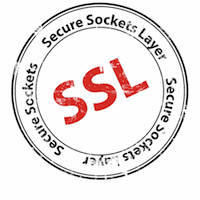Symantec, who bought their way to the top of the SSL market with the purchase of VeriSign in a $1.28 billion deal announced in May 2010, has said they will adopt the Certification Authority Browser (CA/B) Forum Baseline Requirements, which were drafted late last year.
Last December, SecurityWeek reported that a string of SSL-based breaches and other security concerns had undermined the faith the IT world had in CAs.

“SSL/TLS certificates are a critical part of the Internet’s security infrastructure, combining proven technical standards with the capability to scale to handle millions of websites and the wide array of user software,” said Tim Moses, chairman of the CA/Browser Forum, in a statement at the time. “The new Baseline Requirements will improve the reliability and accountability of SSL/TLS issuance for relying parties by establishing baseline standards for all types of SSL/TLS certificates from all publicly-trusted CAs.”
By agreeing to follow the baseline, Symantec will enforce (internally throughout all of their SSL brands) more stringent verification of identity and guidelines on certificate content and profiles, CA security, revocation mechanisms, use of algorithms and key sizes, audit requirements, liability, privacy and confidentiality, and delegation (including external sub-CAs and registration authorities).
The hope is that the CAs following the baseline (and all of them will eventually) will gain stronger trust and consumer confidence. Unfortunately, it’s too early to tell if this will make a difference at all when it comes to confidence, or overall security.
In the end, most will agree that such a baseline is a solid step in the right direction. Version 1.0 of the baseline requirements can be found here.















